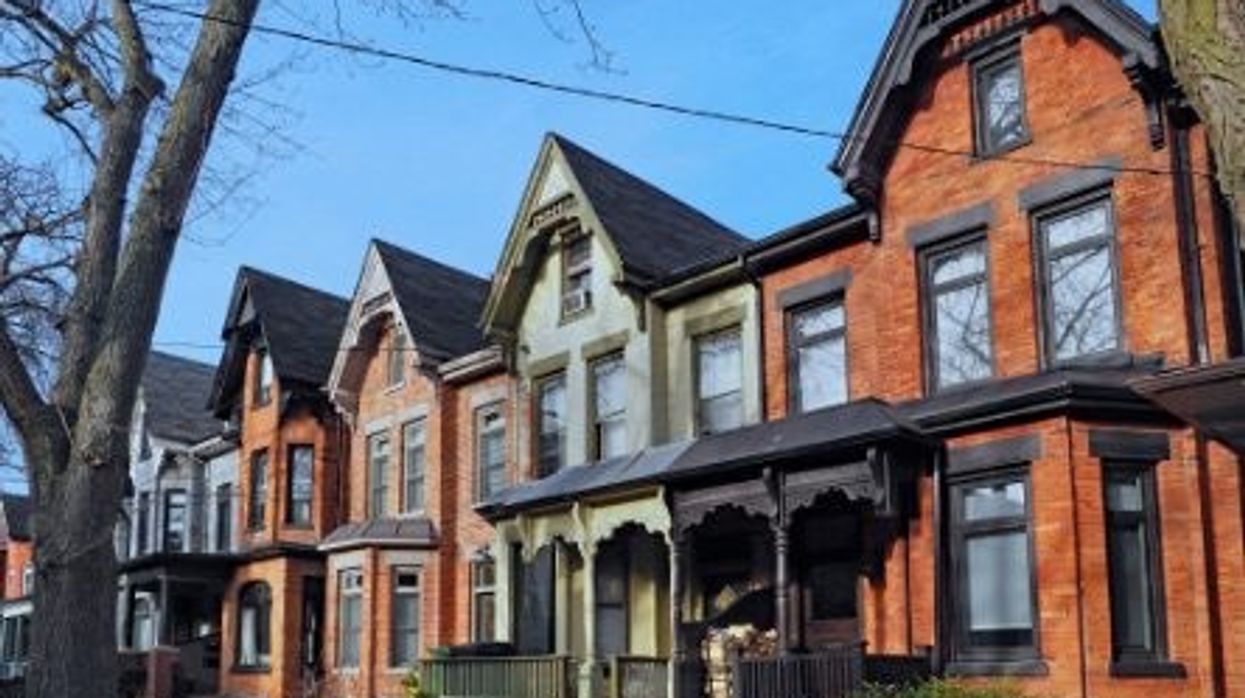Toronto’s freshly-tabled budget includes a dramatic 5.5% hike in property tax.
The proposed hike marks the highest property tax increase since the city's amalgamation. Adding insult to injury in a climate of sky-high home prices, Toronto homeowners will actually dish out an additional 7% in 2023, thanks to a previously approved 1.5% hike to the City Building Levy.
According to the City Manager’s outline of the $16.16B budget, property tax bills for the owner of an average priced home (assessed at $695,268) will increase by $233 this year.
The 2023 residential tax hike marks a significant increase from the 2.9% implemented in 2022 -- the highest in Mayor John Tory’s time in office. On the other end of the spectrum, 2021 only saw a 0.7% increase, the lowest in the mayor’s time in office.
“Throughout the election, I campaigned on keeping the operating budget property tax increase below the rate of inflation,” Tory said this morning in his budget remarks. “This budget delivers on that promise with a 5.5% tax increase -- that is below Toronto's 6.6% inflation rate, but I recognize it is a substantial increase and that we are asking people to pay more. I wish it could be lower because I know any increased cost is harder to bear right now.”
In his remarks, the mayor said that he knows that "many will come forward, as they do every budget year," and suggest that the city's taxes are too low. "A couple of members of Council have advocated for higher taxes in recent days," said Tory. "I want to be clear, this budget does increase costs for people and we have worked to keep those increases as low as possible."
Property tax is calculated using the Current Value Assessment of a property, as determined by the Municipal Property Assessment Corporation, and multiplying it by the combined municipal and education tax rates for the applicable class of property.
As a percentage of the GDP, Canada currently has some of the highest property taxes in the world, according to new data.





















